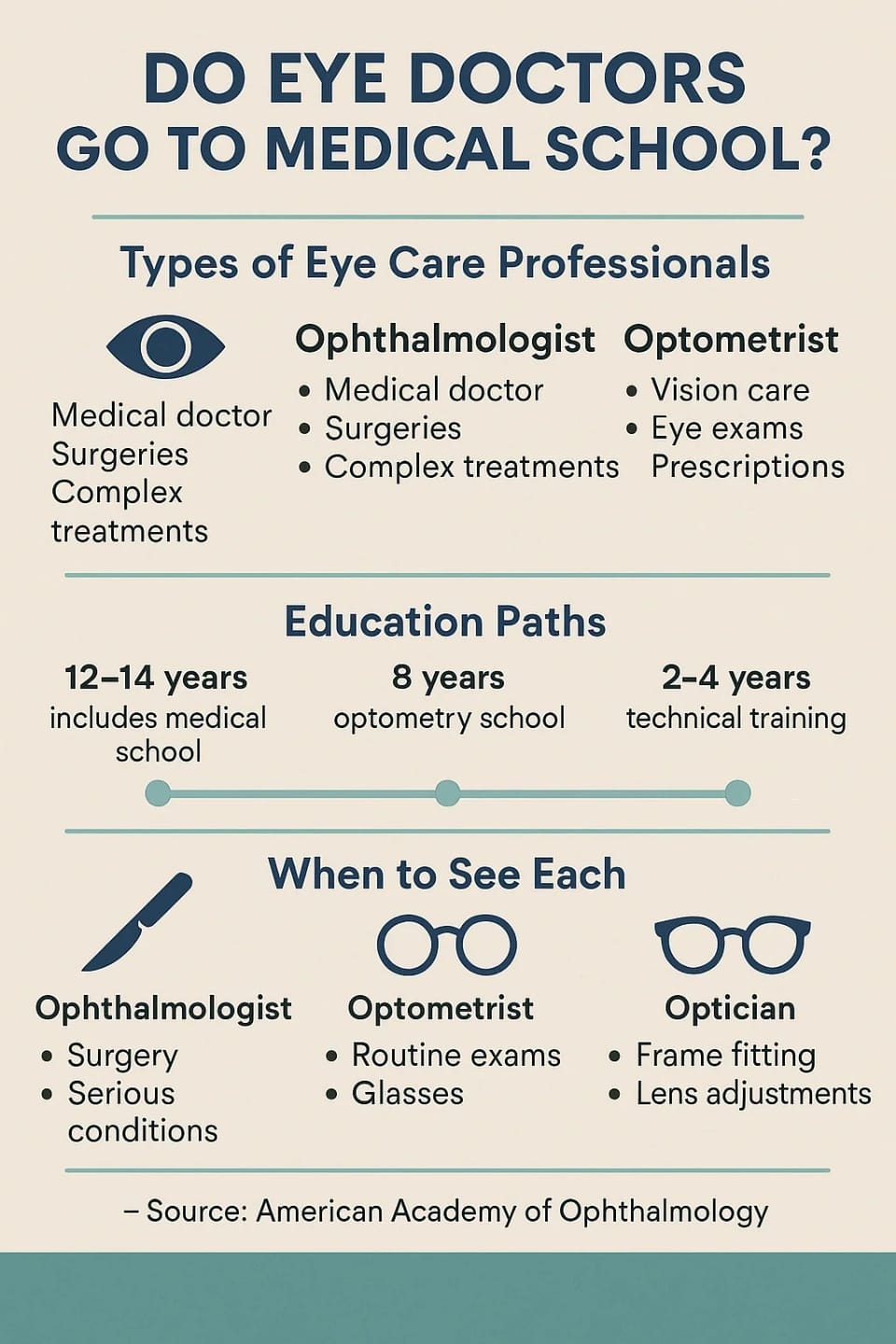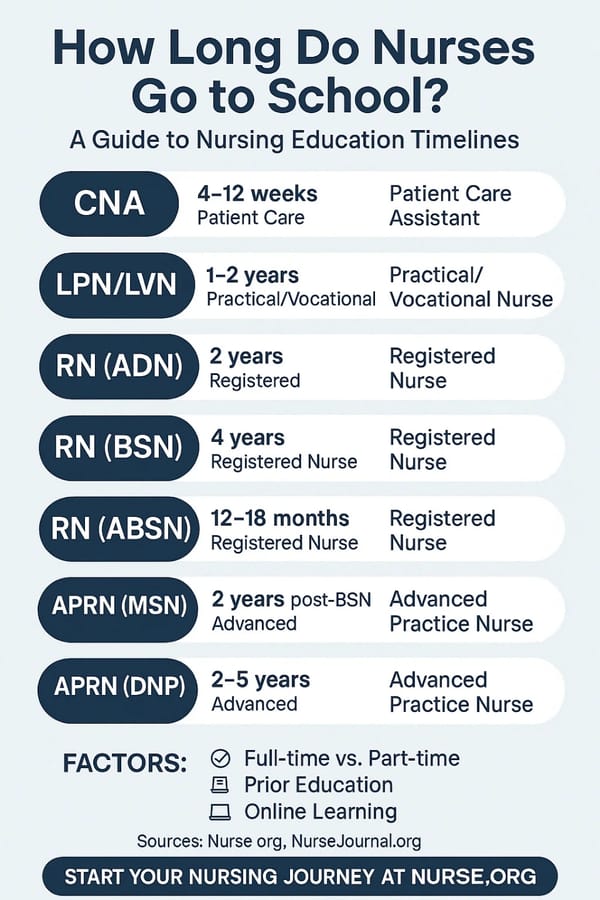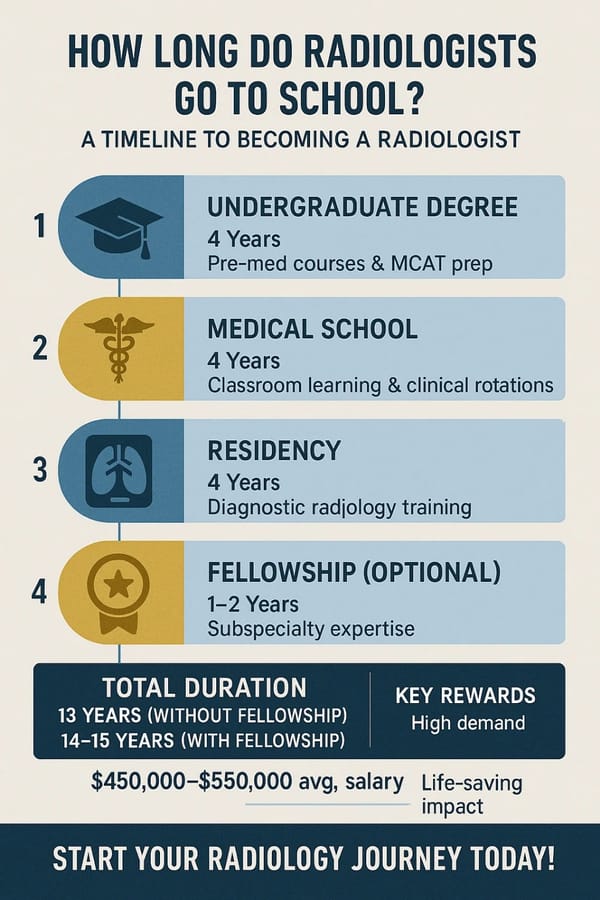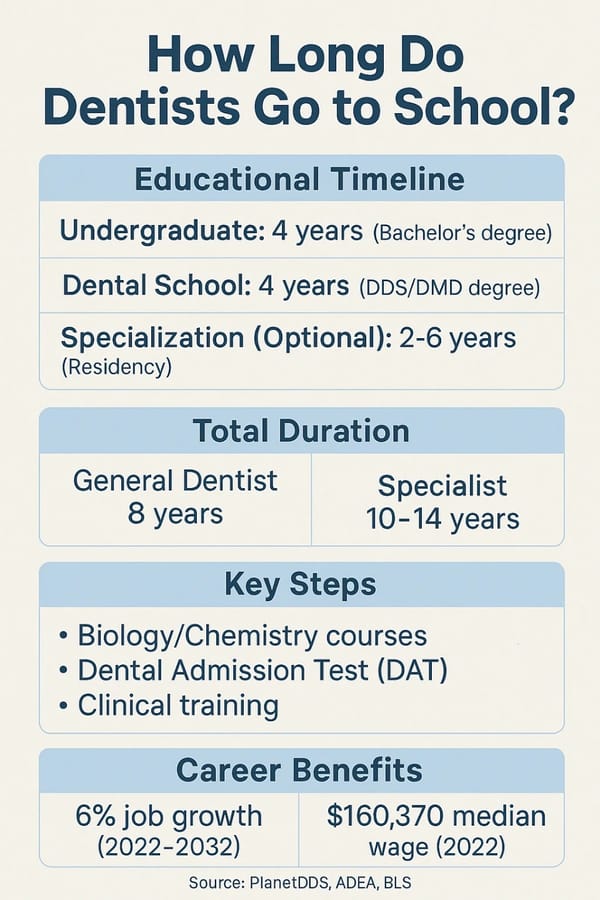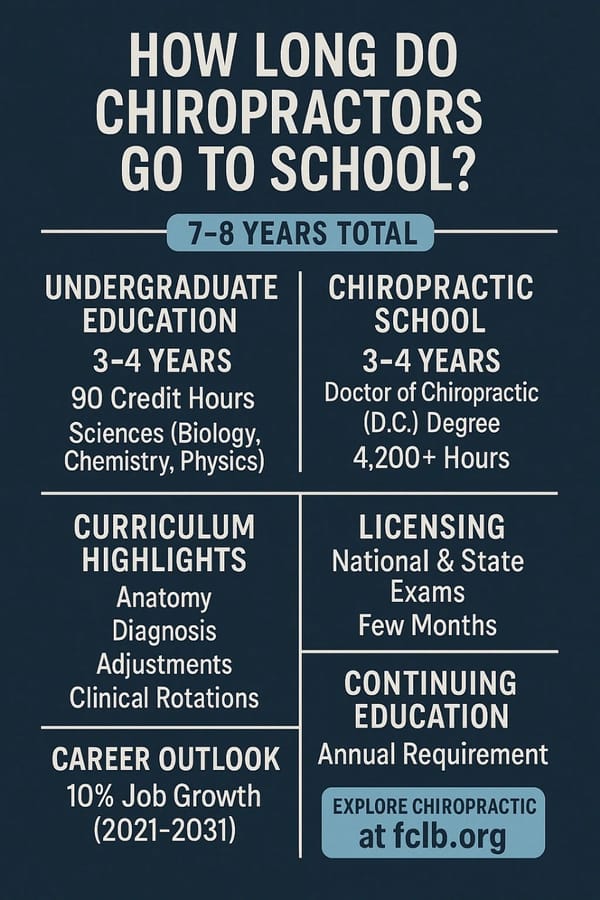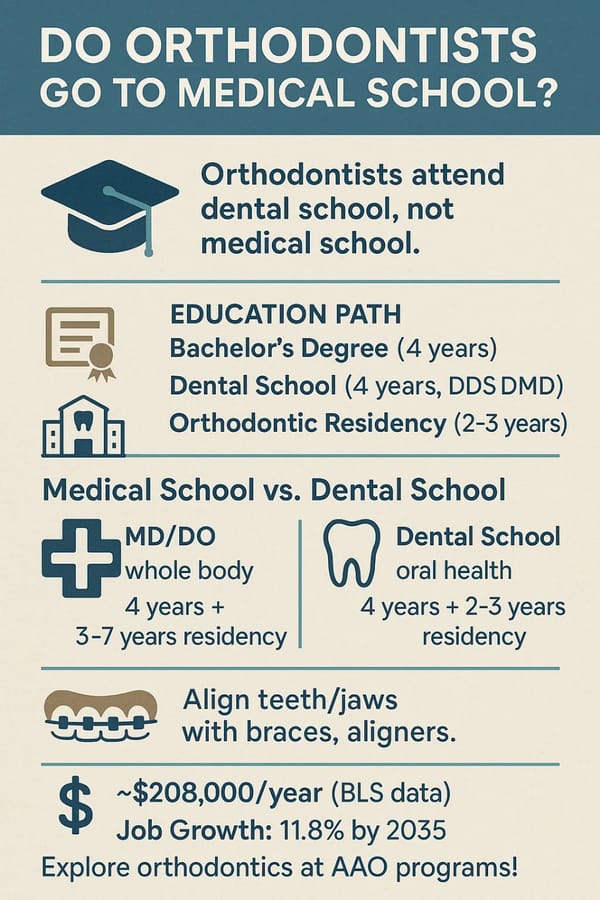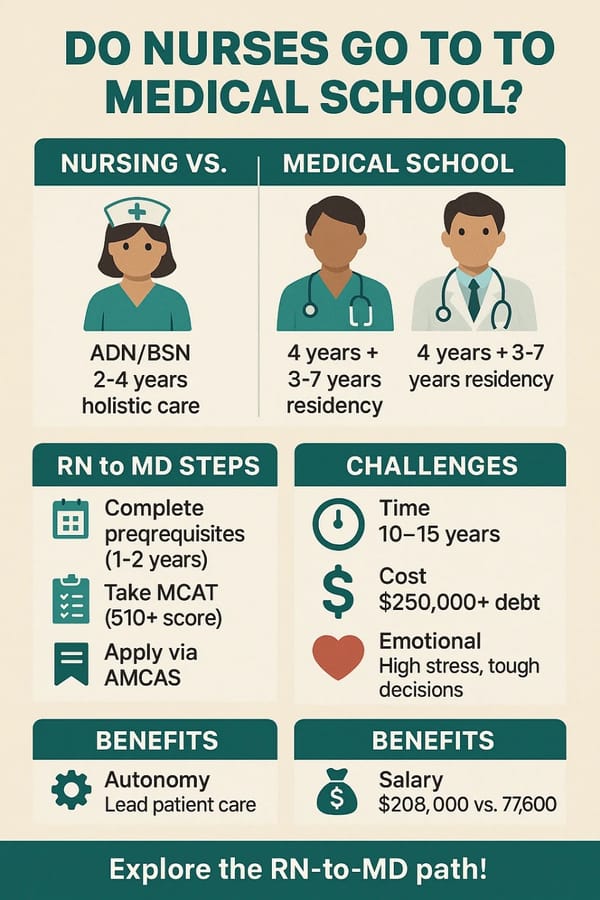Do Eye Doctors Go to Medical School? A Comprehensive Guide to Eye Care Professionals
Picture an eye doctor: maybe it’s someone in a white coat, shining a light into your eyes, prescribing glasses, or performing intricate surgery. But here’s the thing—not all eye doctors go to medical school. The path to becoming an eye care professional varies, and understanding these differences can help you pick the right one for your vision needs. Whether you’re curious about eye health, dealing with a specific issue, or exploring a career in vision care, this guide breaks down the roles, education, and expertise of ophthalmologists, optometrists, and opticians. Let’s dive in with a clear, friendly look at what makes each unique.
Why Does This Question Matter?
The term eye doctor gets tossed around a lot, but it covers professionals with different training and skills. Knowing whether your eye care provider went to medical school can affect the care you receive—whether it’s a routine exam, treatment for a condition like glaucoma, or surgery. For example, complex eye diseases need advanced medical expertise, while new glasses call for a different skill set. By exploring each role, we’ll clear up confusion and give you the knowledge to make informed choices about your eye health.
The Three Main Types of Eye Care Professionals
Eye care is a team effort, with three key players: ophthalmologists, optometrists, and opticians. Each has a distinct role shaped by their education. Let’s meet them before diving deeper.
Ophthalmologists: The Medical Experts
Ophthalmologists are the top-tier specialists in eye care. As medical doctors (MDs or DOs), they handle everything from basic checkups to complex surgeries. They’re your go-to for comprehensive eye health, offering:
- Diagnosis and treatment of eye diseases like cataracts, glaucoma, or macular degeneration.
- Surgical procedures, including LASIK, cataract removal, or retinal repairs.
- Prescriptions for medications and management of eye issues tied to conditions like diabetes.
Their extensive training makes them ideal for serious eye problems. But what does it take to become one?
Optometrists: Vision Care Specialists
Optometrists hold a Doctor of Optometry (OD) degree and focus on primary eye care. They’re often your first stop for vision needs, providing:
- Eye exams to check vision and overall eye health.
- Prescriptions for glasses and contact lenses.
- Treatment for common issues like dry eye or minor infections (depending on state laws).
Highly skilled but with a narrower scope than ophthalmologists, optometrists don’t perform major surgeries. So, do they go to medical school? Let’s find out.
Opticians: The Eyewear Experts
Opticians are the wizards of eyewear, ensuring your glasses or contacts fit perfectly. They don’t diagnose or treat eye conditions but excel at:
- Fitting and adjusting eyeglasses and contact lenses.
- Interpreting prescriptions from ophthalmologists or optometrists.
- Helping you pick frames that match your style and needs.
Their training is technical and doesn’t involve medical school. Let’s explore their paths in detail.
Educational Paths: Do Eye Doctors Go to Medical School?
The question Do eye doctors go to medical school? hinges on the type of eye doctor. Let’s unpack the educational journeys of ophthalmologists, optometrists, and opticians to see how they stack up.
How to Become an Ophthalmologist
Ophthalmologists undergo rigorous training, including medical school, which prepares them for comprehensive eye care. According to the American Academy of Ophthalmology, their path includes:
- Undergraduate Degree (4 years): A bachelor’s degree with pre-medical courses like biology, chemistry, and physics.
- Medical School (4 years): Earning an MD or DO degree, studying the entire human body, including disease diagnosis, pharmacology, and surgical basics.
- Internship (1 year): A general medical internship for hands-on experience.
- Ophthalmology Residency (3 years): Specialized training in eye diseases, surgeries, and treatments, often in hospitals or clinics.
- Optional Fellowship (1-2 years): Extra training for subspecialties like pediatric ophthalmology or corneal surgery.
Total Time: About 12-14 years after high school. This thorough education equips ophthalmologists to handle routine exams and complex procedures like cataract surgery.
Personal Note: During college, I shadowed an ophthalmologist and was blown away by their precision. Watching a retinal surgery felt like observing a master craftsman—it’s clear their medical school training builds that expertise.[1]
How to Become an Optometrist
Optometrists follow a focused path that skips medical school, emphasizing vision care. As noted by WebMD, their journey includes:
- Undergraduate Degree (4 years): Science-heavy coursework, similar to pre-med, to prep for optometry school.
- Optometry School (4 years): Earning a Doctor of Optometry (OD) degree. The first two years cover eye anatomy, vision science, and pharmacology; the last two focus on practical skills like exams and lens prescriptions.
- Optional Residency (1 year): For specialization in areas like low vision or contact lenses.
Total Time: Around 8 years after high school. Optometry school is intense but tailored to routine eye care, with complex cases referred to ophthalmologists.
How to Become an Optician
Opticians have the shortest formal education, centered on technical skills. According to Optician Education, their path typically involves:
- High School Diploma: The baseline requirement.
- Certificate or Associate Degree (1-2 years): Training in lens crafting, frame fitting, and basic eye anatomy.
- On-the-Job Training: Often through apprenticeships for hands-on experience.
- Certification: Passing exams like the American Board of Opticianry (ABO) or National Contact Lens Examiners (NCLE).
Total Time: Usually 2-4 years after high school. Opticians are experts in eyewear but don’t diagnose or treat eye conditions.
Comparison Table: Education at a Glance
Here’s a clear summary of their educational paths:
| Profession | Medical School? | Total Training Time | Key Responsibilities |
|---|---|---|---|
| Ophthalmologist | Yes | 12-14 years | Surgery, disease treatment, comprehensive care |
| Optometrist | No | 8 years | Eye exams, prescriptions, minor treatments |
| Optician | No | 2-4 years | Fitting glasses and contact lenses |
This table shows why only ophthalmologists attend medical school, enabling them to tackle complex eye issues.
Why the Confusion Around “Eye Doctors”?
The term eye doctor can be tricky because both ophthalmologists and optometrists are called doctors. Ophthalmologists have MD or DO degrees from medical school, while optometrists have OD degrees from optometry school. To most people, this distinction isn’t obvious, especially since both can perform eye exams and prescribe lenses. Opticians, working closely with prescriptions, add to the mix, making it easy to wonder about their qualifications.
Personal Note: When I needed glasses for the first time, I wasn’t sure who to see. My optometrist handled my exam perfectly, but when an eye infection popped up later, they sent me to an ophthalmologist. That experience showed me how each role fits together.[2]
When to See Which Eye Care Professional
Picking the right provider depends on your needs. Here’s a quick guide:
- See an Ophthalmologist for:
- Eye surgeries (e.g., cataracts, LASIK).
- Complex conditions like glaucoma or retinal disorders.
- Referrals for advanced care.
- See an Optometrist for:
- Routine eye exams and vision tests.
- Prescriptions for glasses or contacts.
- Common issues like dry eye or allergies (per state regulations).
- See an Optician for:
- Fitting glasses or contacts.
- Adjusting or repairing eyewear.
- Choosing frames and lenses.
This teamwork ensures your eyes get the right care. For example, UCLA Med School notes that optometrists often spot early disease signs and refer patients to ophthalmologists, creating a seamless care network.
Debunking Myths About Eye Doctors
Let’s clear up some common misconceptions:
- Myth: All eye doctors can perform surgery.
Reality: Only ophthalmologists, with medical school training, perform eye surgeries. - Myth: Optometrists and opticians are the same.
Reality: Optometrists diagnose and treat vision issues; opticians focus on fitting eyewear. - Myth: You always need an ophthalmologist.
Reality: Optometrists are often best for routine care, saving time and cost.
These distinctions help you get the right care without confusion.
Conclusion: Making Informed Choices for Your Eye Health
So, do eye doctors go to medical school? It depends. Ophthalmologists are the only eye doctors who attend medical school, equipping them for surgeries and complex treatments. Optometrists, with optometry degrees, shine in routine vision care, while opticians perfect your eyewear without medical school training. Each plays a vital role, and understanding their differences empowers you to choose wisely.
Next time you need eye care, ask: Is this a routine checkup, a specific issue, or new glasses? Then pick the right professional. Want to dig deeper? Visit the American Academy of Ophthalmology or ask your provider about their training. Your eyes deserve top-notch care—now you know how to find it!
